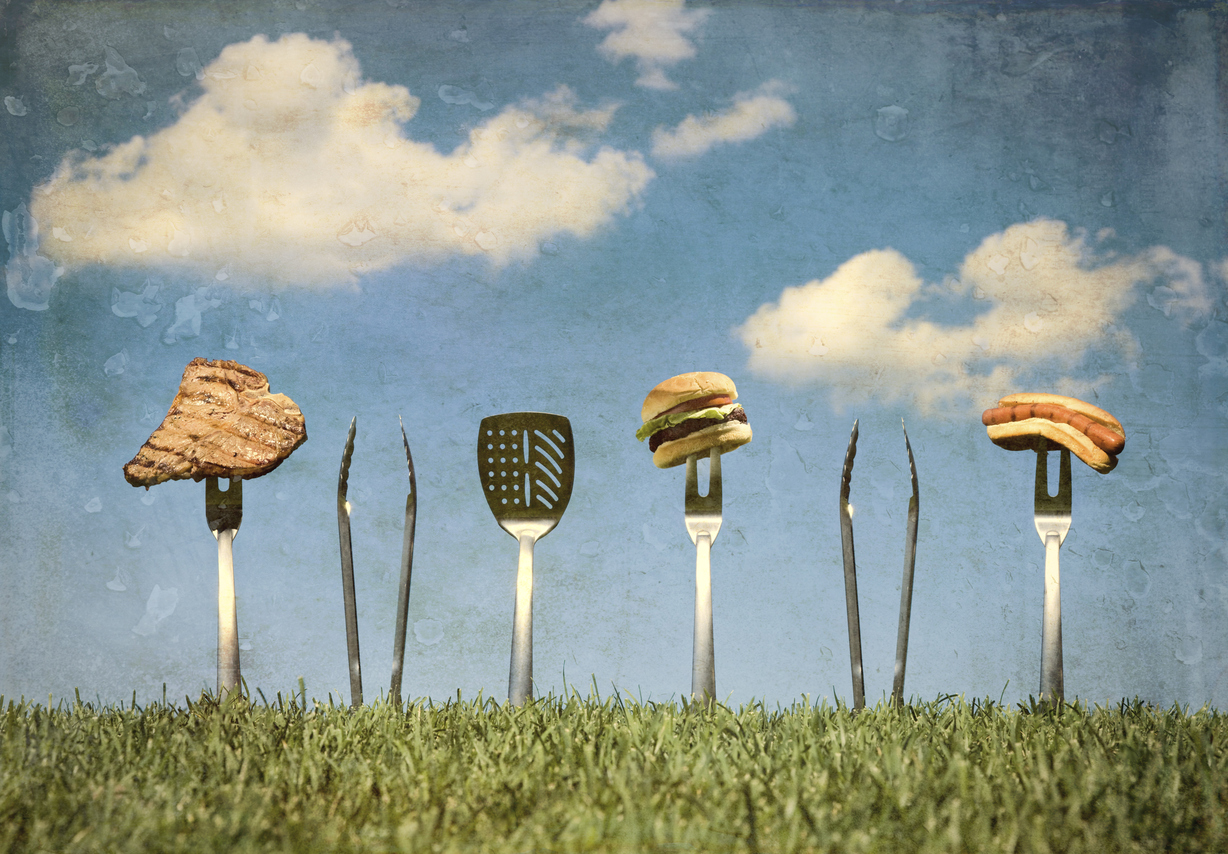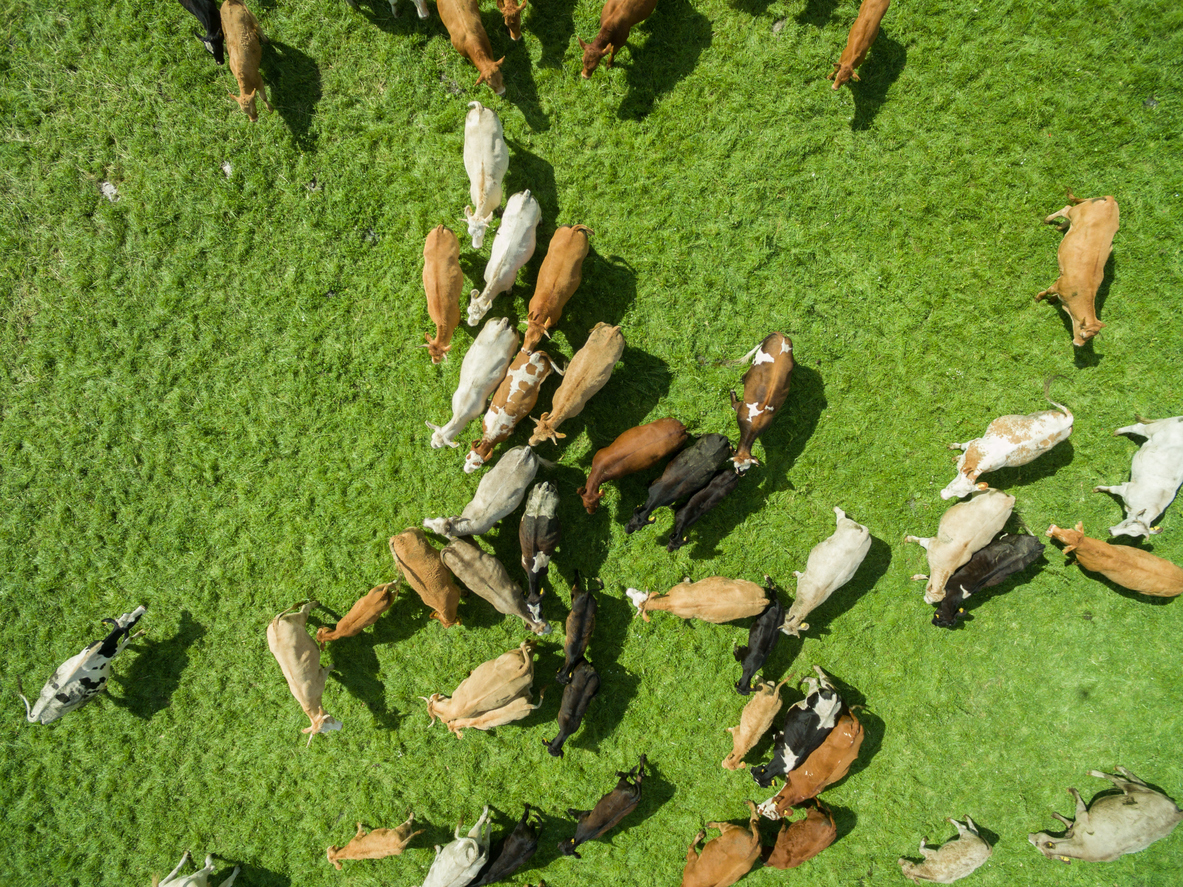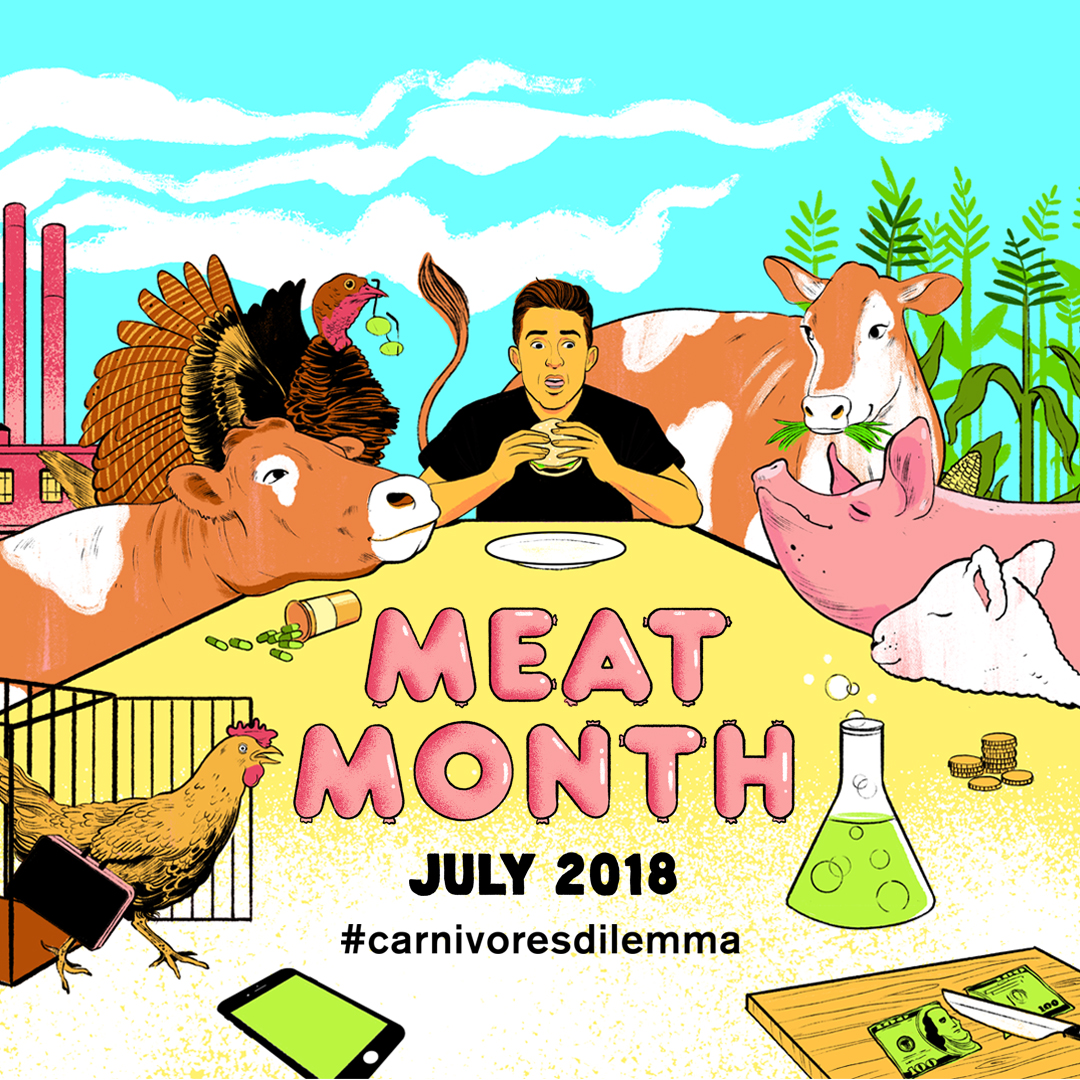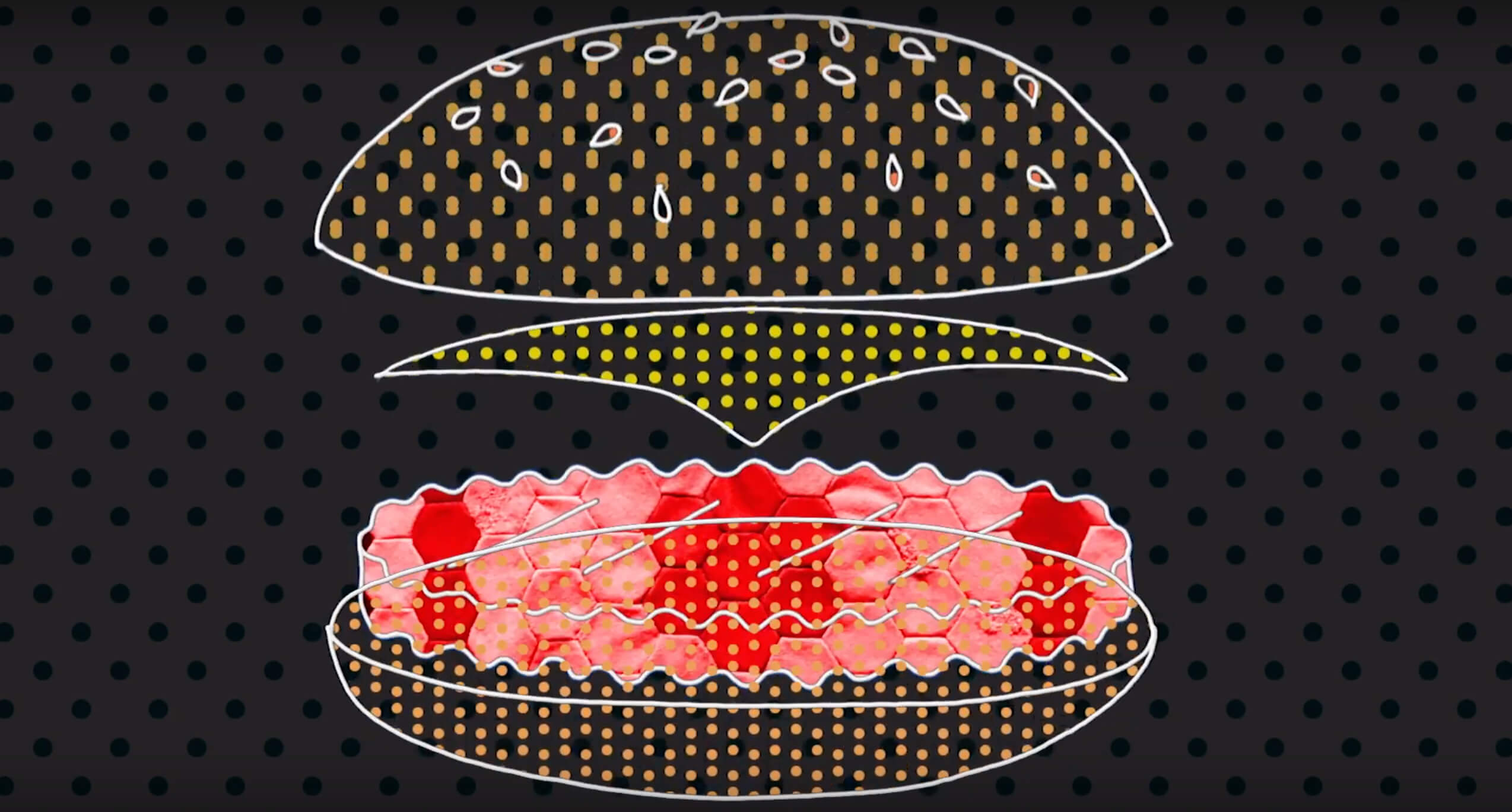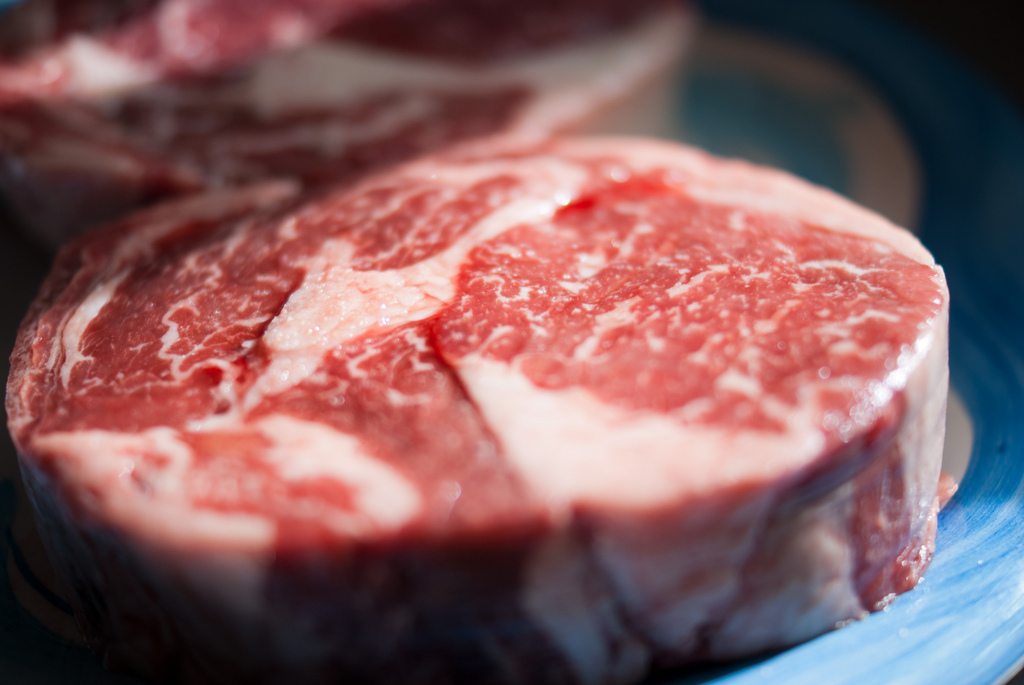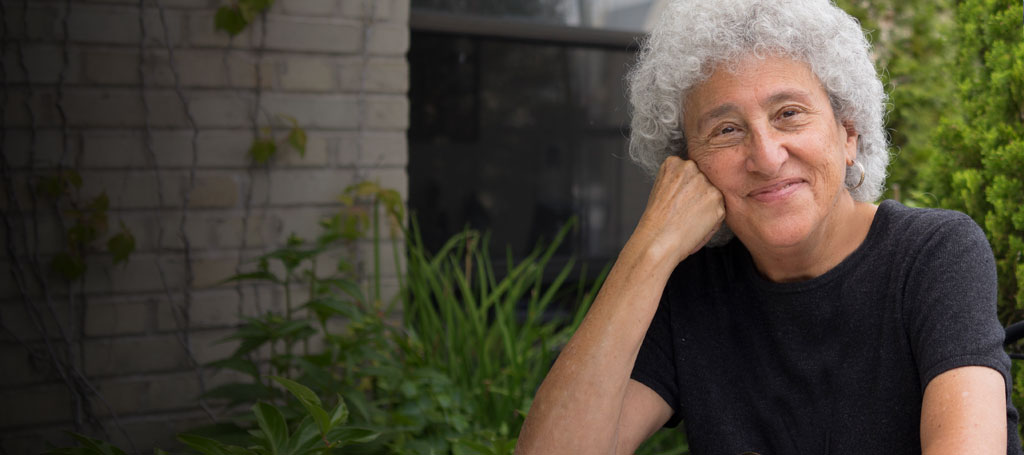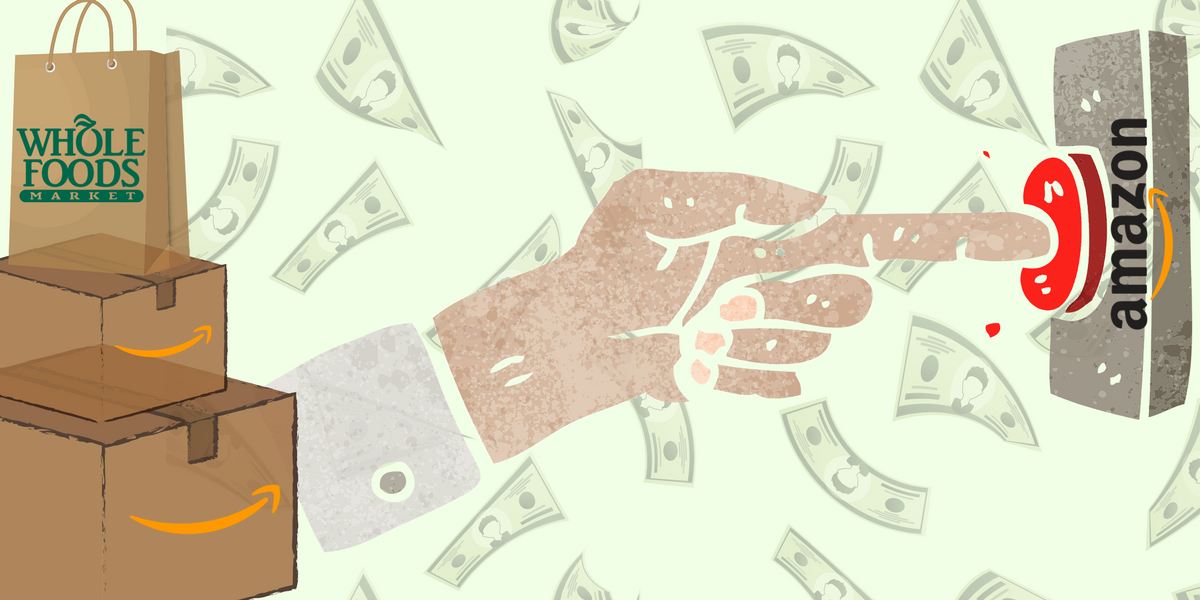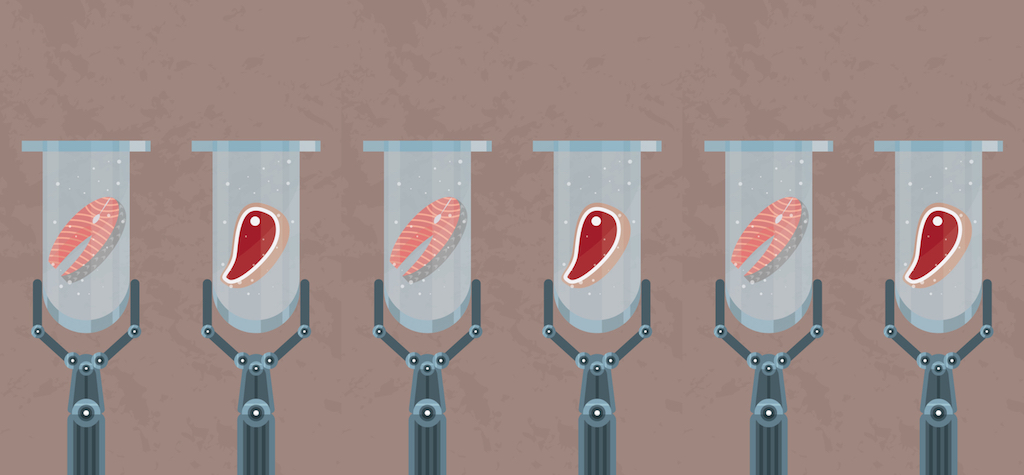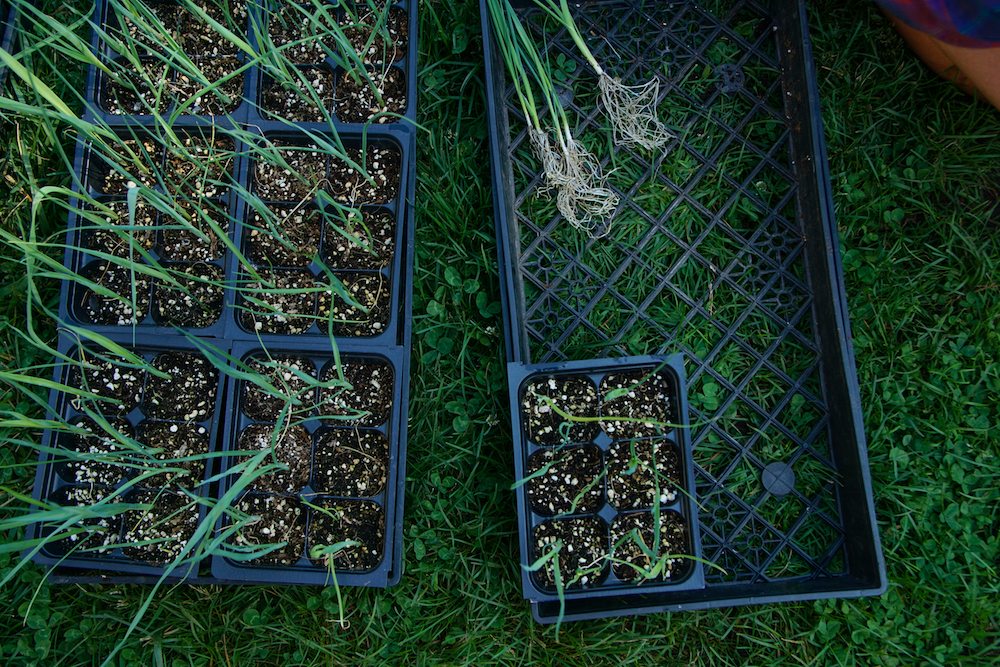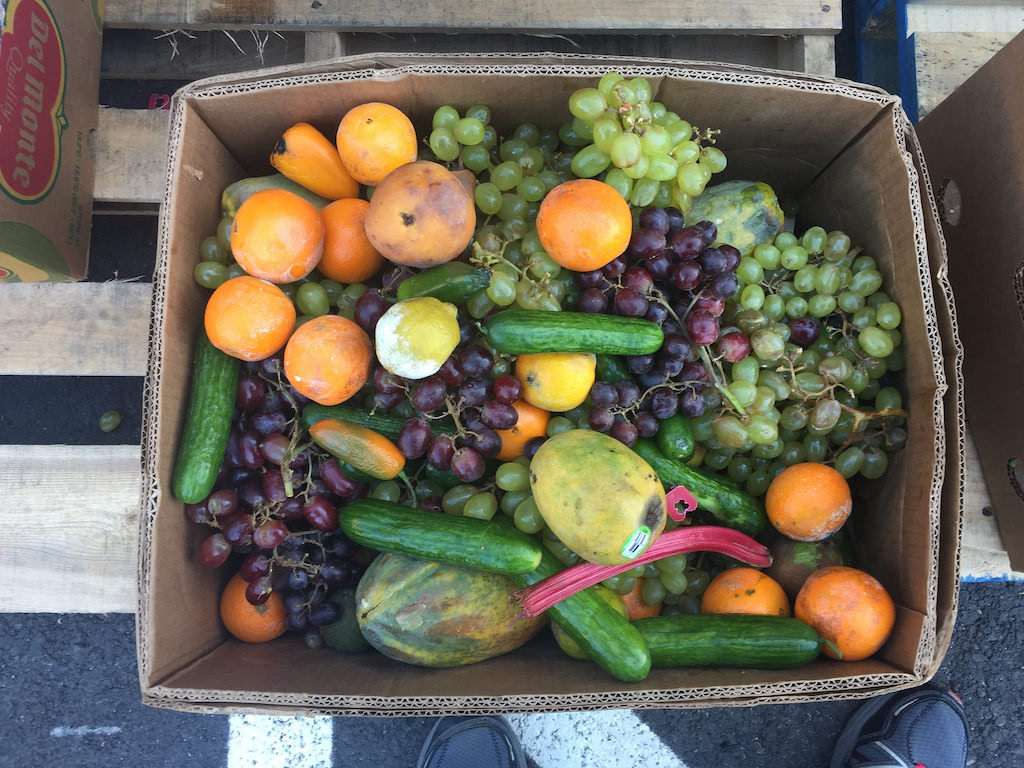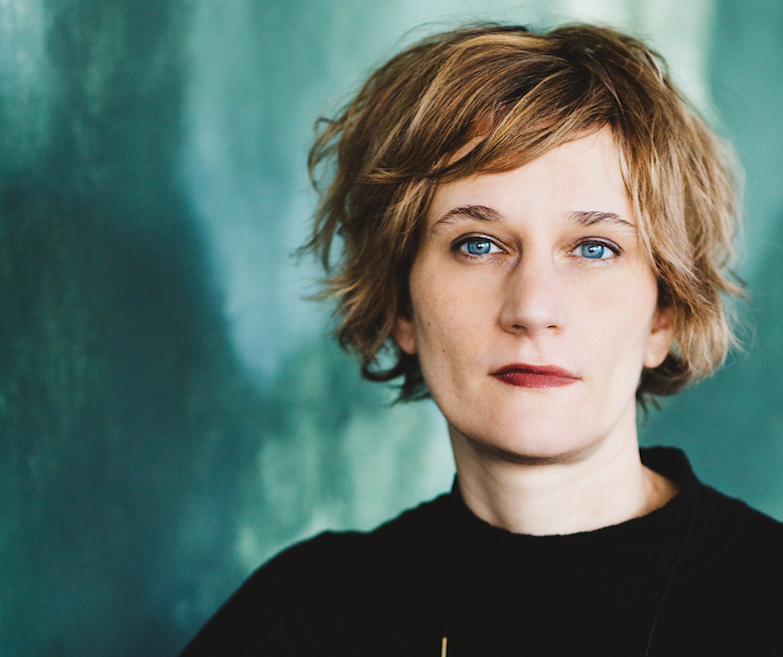
Cheryl Juetten
This week’s Meat Month Q&A was with Camas Davis, a food-writer-turned-butcher who founded the Portland Meat Collective. Her new book, Killing It, explores Davis’s transition from editor to butcher while providing meditations on “life, death, and dinner”—lessons from the farm, butcher block, and dinner table that inform her life philosophy today.
Throughout Meat Month, we’ve talked extensively about what it means to be a “conscious carnivore,” examining the many ways we try to consume meat responsibly and humanely. On Twitter, Davis discussed her thoughts on ethical meat consumption, avoiding “meat porn,” and the roles butchers can play in educating the public about better meat.
Here’s a recap of the conversation that unfolded on Twitter.
~
The first question opened the conversation by asking about Camas’ experience with butchery:
Our first question today: What has butchery taught you about responsible meat consumption? #CarnivoresDilemma
— The New Food Economy (@newfoodeconomy) July 26, 2018
To which Camas suggested her experiences have greatly impacted the way she consumes meat:
Learning as much as you can about the myriad processes that bring meat to your table (both within the industrial context as well as more regenerative contexts) necessarily changes how much meat you eat, if you even choose to eat it, and who you source it from.
— Camas Davis & the Portland Meat Collective (@PDXMeat) July 26, 2018
The next question, received from a neighborhood butcher shop based in Nashville, Tennessee, was about how to “ease” customers to learn more about the whole meat production process:
@newfoodeconomy, we find that consumers of our ethical meat want “meat porn” & don’t respond as well to farm photos & the like. Does Ms. Davis have any advice on easing people into embracing being educated on all parts of the process?#carnivoresdilemma
— Porter Road Butcher (@PRButcher) July 26, 2018
Camas’ response vouched for thoroughly educating eaters and avoiding “meat porn:”
I always tell butcher shops and meat counters that education is key. If you can do hands-on classes or in-store education or demos of some sort, that’s helpful. Make it real for them. Meat porn can often make people more removed from it all.
— Camas Davis & the Portland Meat Collective (@PDXMeat) July 26, 2018
This was followed by a question regarding the contentious issue of “humane” meat production:
What is your response to people (many of them on social media) who believe that consuming meat—by nature of it involving the killing of an animal—can “never” be humane? #carnivoresdilemma
— The New Food Economy (@newfoodeconomy) July 26, 2018
People believe what they wish to believe, Camas said, but it’s important to support a “holistic” and “regenerative” system of agriculture:
The reality is that many people simply don’t agree with this and they will likely continue to eat meat. I’m of the opinion that we need to influence these people to, at the very least, support a system of agriculture that is holistic, regenerative, and which mimics nature as….
— Camas Davis & the Portland Meat Collective (@PDXMeat) July 26, 2018
To follow up, The New Food Economy staff then asked about how to be a “responsible” meat eater:
One last question from our staff to wrap things up! @pdxmeat, what can regular meat eaters do to ensure the meat they’re eating was “responsibly” produced? #carnivoresdilemma
— The New Food Economy (@newfoodeconomy) July 26, 2018
“Read. Learn. Be suspicious,” Camas wrote:
Understand labels and what they do or don’t mean. Go directly to the farmer and ask as many questions as possible. Read. Learn. Be suspicious. Figure out where you draw the line. Be willing to not eat meat if you just don’t know where that line is for yourself….
— Camas Davis & the Portland Meat Collective (@PDXMeat) July 26, 2018
…oh, and, take a class:
Also, take a Meat Collective class! https://t.co/ST9NXPwv2v
— Camas Davis & the Portland Meat Collective (@PDXMeat) July 26, 2018
And finally, to wrap up the Q&A, a user asked about how confusing meat labeling systems affect local farms:
With the new found knowledge that meat produced outside of the U.S can be graded as made in the U.S, how do you feel this will affect local farms? @newfoodeconomy #CarnivoresDilemma
— The Greene Grape (@greenegrape) July 26, 2018
In response to which, Camas’ response was two-fold:
Detrimentally. There are so many regulations (or empty-regulations) that allow meat to be sold as though it were something other than it was. We must be diligent in our questioning, be suspicious of labeling, and just don’t eat meat if you don’t trust the source.
— Camas Davis & the Portland Meat Collective (@PDXMeat) July 26, 2018
“Know your farmer” is suddenly infused with new meaning, no?
— Camas Davis & the Portland Meat Collective (@PDXMeat) July 26, 2018
~
Now you’re all caught up! Thanks to Camas Davis for a great Q&A. And stay tuned: We’ll be hosting one more #CarnivoresDilemma discussion to wrap up our Meat Month series.
